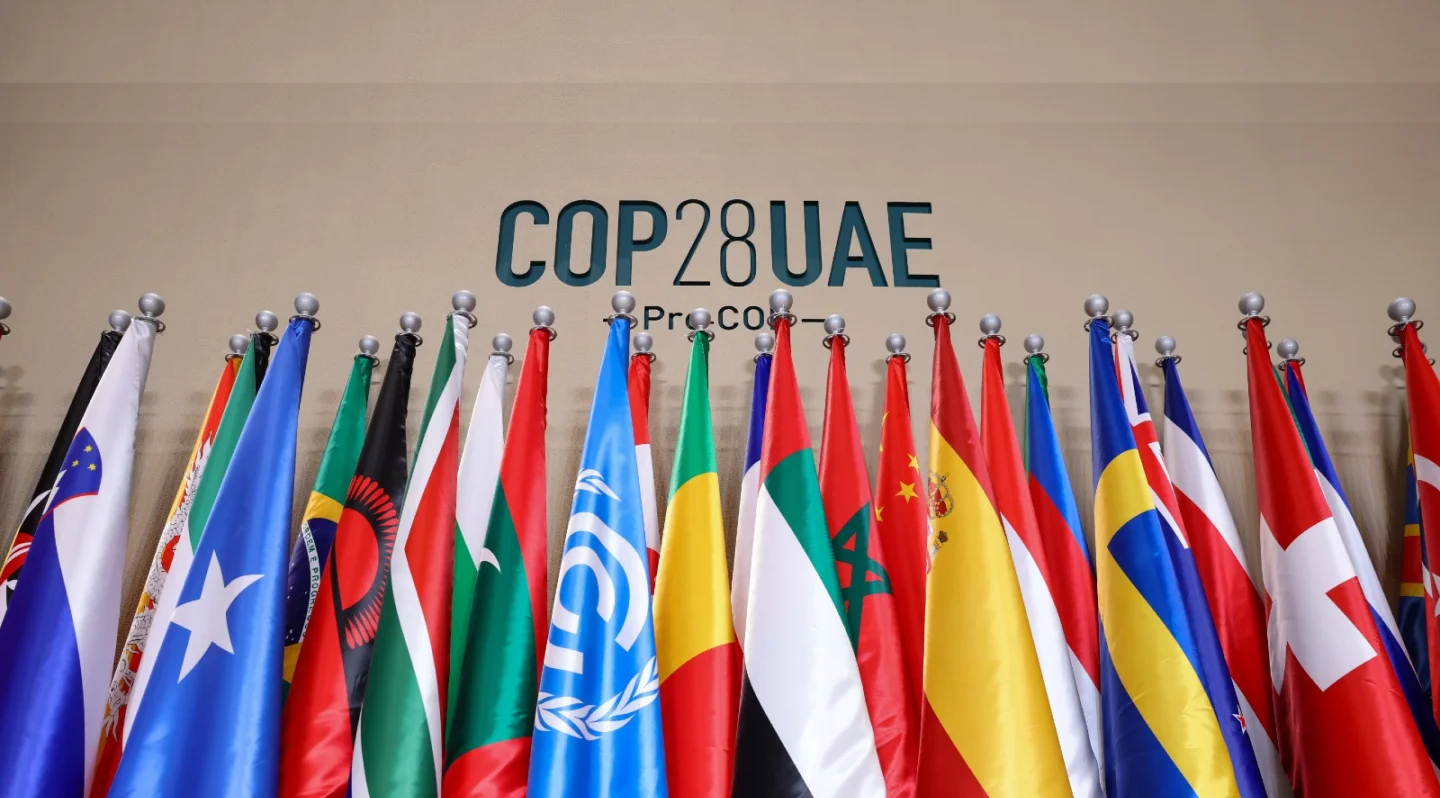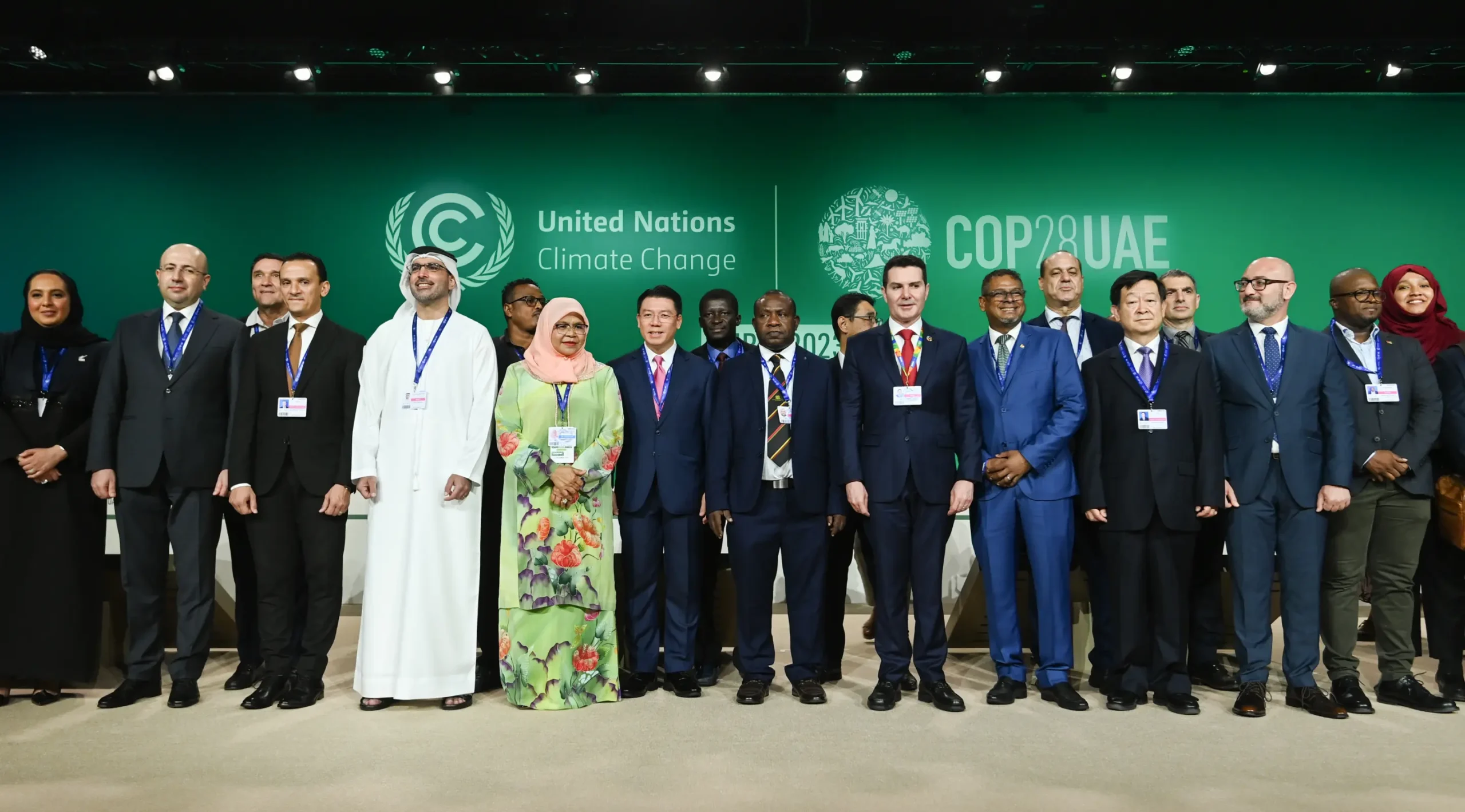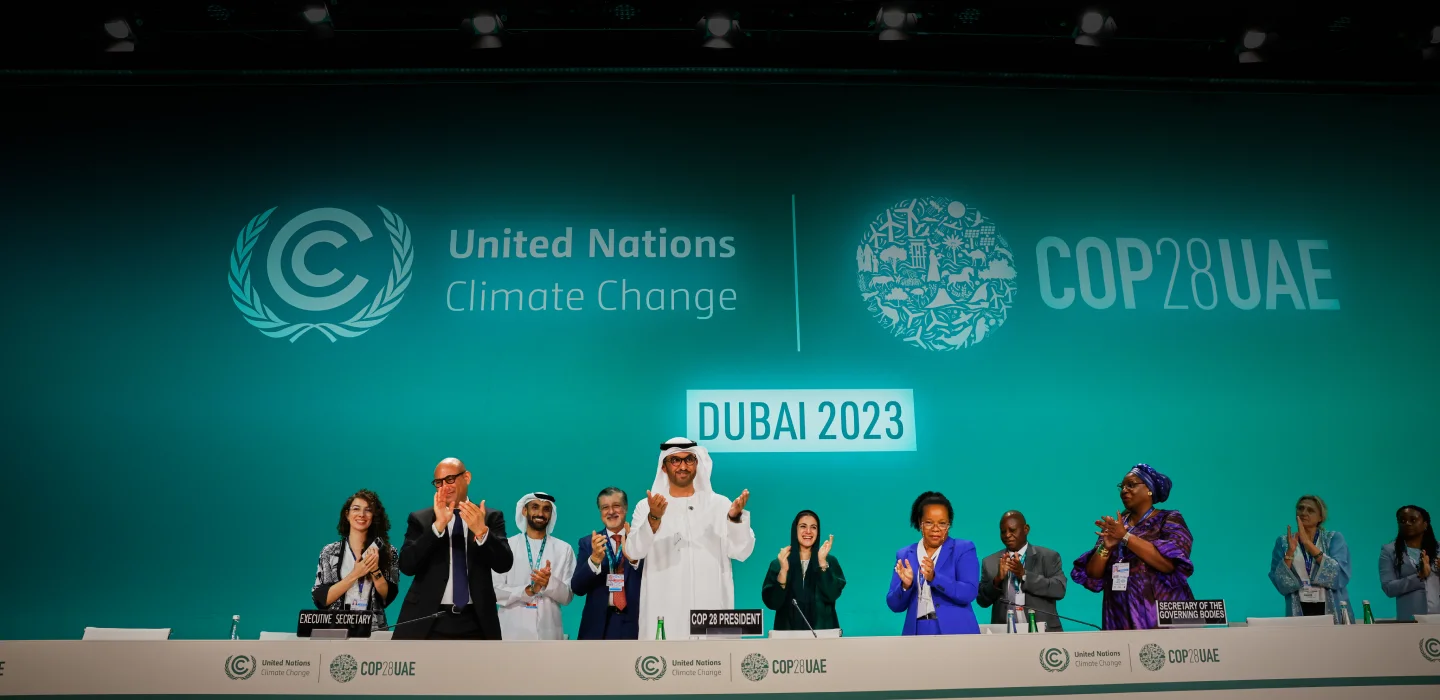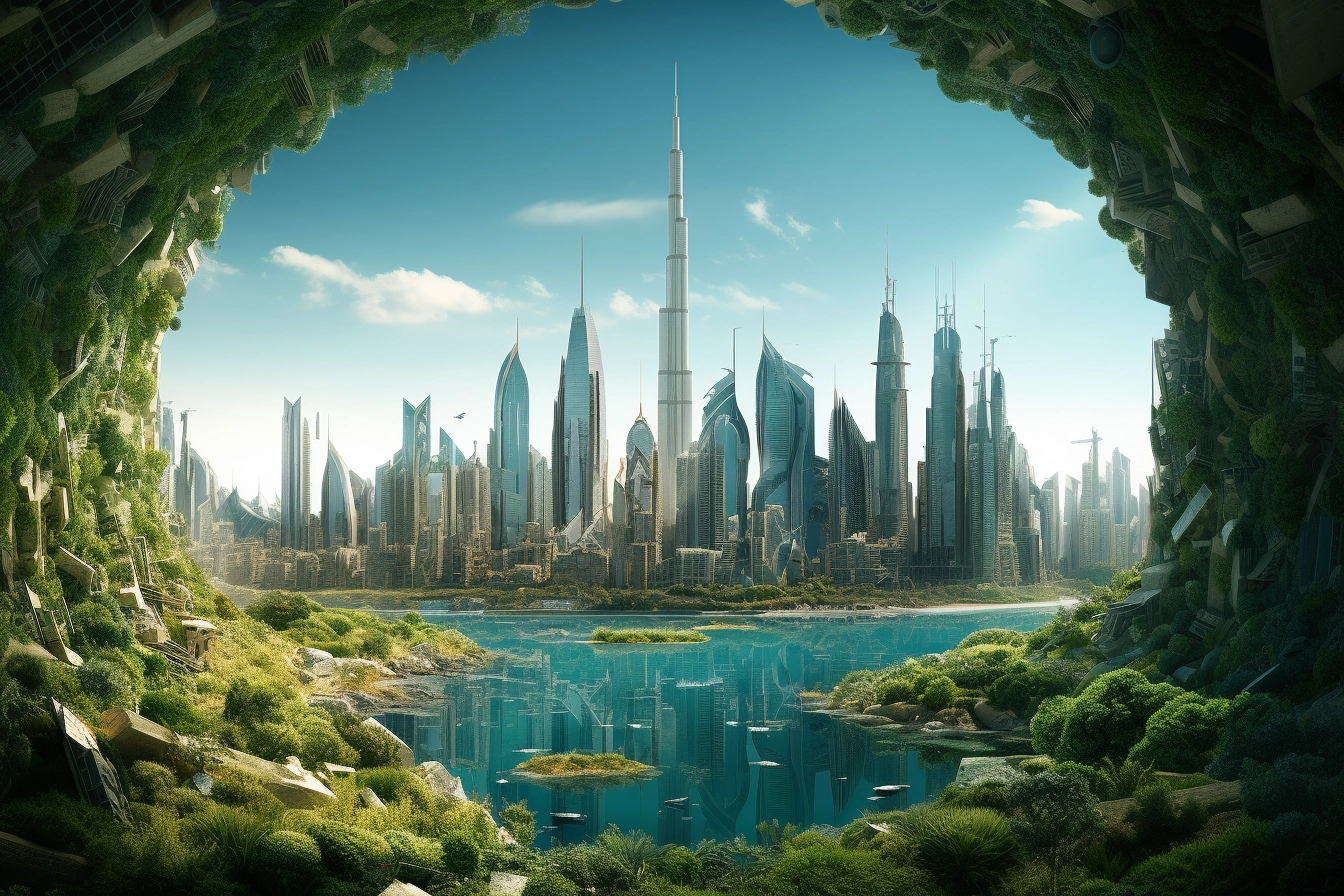
Global temperatures continue to surge, reaching unprecedented levels as we approach the culmination of yet another year marked by environmental concerns. The diplomatic spotlight now shifts to Dubai, United Arab Emirates, where world leaders convene from November 30th to December 12th for COP28. This critical assembly aims to forge an ambitious path forward in the global battle against climate change. Here’s 5 questions about the conference that will help you to understand it better.
What is COP?
For almost thirty years now, countries worldwide have been getting together every year to deal with the worsening climate crisis. This all started back in 1992 with the UN Framework Convention on Climate Change (UNFCCC). Basically, every country agreed to tackle climate change and cut down on greenhouse gas emissions in a fair way.
During these COP meetings, representatives from 198 countries meet up. They get to check how well the Convention plans are working, decide on what to do next, and make new promises together. These decisions, by the way, set the course for how we tackle climate change.

Who attends COP28?
What sets this year’s summit apart is its unprecedented scale of participation. With a staggering count of over 97,000 registered in-person delegates, almost double the attendance of the previous COP27 in Egypt, COP28 is poised to make history.
Representatives from around 167 countries are converging in Dubai for this monumental gathering. Notable personalities, including UK Prime Minister Rishi Sunak and the environmentally conscious King Charles III, graced the summit. King Charles, advocating fervently for climate causes, delivered the opening address on December 1st, marking his third consecutive appearance at a COP summit.
Among the distinguished attendees are former UK Prime Ministers Boris Johnson and Tony Blair, tech titan Bill Gates of Microsoft, Luc Rémont from French energy giant EDF, and NATO’s Jens Stoltenberg. Nevertheless, the absence of two influential figures — President Xi Jinping of China and President Joe Biden of the US — is notable. Vice President Kamala Harris represents the US, stepping in for President Biden.

Why does COP28 takes place in Dubai?
Dubai’s hosting of COP28 reflects the UAE’s recognition of climate challenges in a region known for extreme heat and water scarcity. Since its inception, the UAE has backed global climate efforts, supporting treaties like the Kyoto Protocol and the Paris Agreement.
Despite being an oil-rich country, the UAE is diversifying into tourism, finance, and more. Adnoc, the national oil company, plans significant production growth. Remarkably, Sultan Al Jaber, Adnoc’s CEO, heads COP28. His selection stirred controversy due to his oil industry ties. Yet, Al Jaber engages with critics, advocating for fossil fuel inclusion in climate solutions.

During the conference on Tuesday, December 4th, Sarah bint Yousef Al Amiri, Minister of State for Public Education and Advanced Technology, emphasized the UAE’s climate commitments. They were the region’s first to join the Paris Agreement and pledged net-zero emissions by 2050. COP28 marks ongoing efforts for a sustainable industrial shift, aligning with the UAE’s carbon reduction goals and technological advancements across industries.
In essence, Dubai’s COP28 signifies the UAE’s nuanced approach — acknowledging its oil dependence while actively driving towards a sustainable future with advanced technologies and renewable energy, echoing a commitment to global climate action.
What’s the most important issue of COP28?
In 2015, recognizing the urgency of climate impacts, nearly every nation signed the Paris Agreement, aiming to cap Earth’s temperature increase “well below 2 degrees Celsius” and aspire to limit it to 1.5 degrees Celsius above pre-industrial levels. Scientists generally refer to the period from 1850 to 1900 as pre-industrial, where the global temperature averaged around 13.5 degrees Celsius. Nowadays, according to NASA, the average temperature on Earth equals approximately 15 degrees, and experts projections point to a worrying 2.4°C to 2.7°C increase by 2100. This prognosis prompts immediate action, as global warming poses severe risks: it triggers alterations such as rising sea levels, changes in rainfall patterns, increased droughts and floods, and a significant threat to biodiversity. These environmental shifts directly impact people’s lives and livelihoods. Moreover, the adverse effects on human health are anticipated to be profound. Communities in regions least responsible for global warming are most vulnerable to heat-related illnesses and fatalities.

While COP26 saw some progress, including a focus on the tougher 1.5°C goal, efforts remain insufficient. Nations must halve emissions by this decade to stay within the limit, a goal unmet at the moment. That’s where COP28 becomes crucial in urging nations to enhance commitments and accelerate the shift towards meeting the critical 1.5°C target, underscoring the urgency to bridge the gap between current actions and the needed transformative steps for our planet’s future.
What else is on the table?
The key priorities set by the Presidency for COP28 underscore:
- Urgently facilitating a fair, well-organized, and fair energy transition.
- Addressing climate finance issues comprehensively.
- Placing utmost importance on nature, lives, and livelihoods in climate actions.
- Striving to make COP28 the most inclusive in its history.
Central to discussions will be expediting the energy transition, a contentious issue as nations grapple with strategies to combat the unsustainable use of fossil fuels. While the EU aims to secure a groundbreaking global agreement to phase out the “unabated” use of coal, oil, and gas, there’s expected resistance from significant fossil fuel producers like Saudi Arabia and developing nations reliant on these resources for economic growth.
Efforts will also focus on tripling global renewable energy capacity and doubling energy efficiency improvements by 2030. While less divisive than phasing out fossil fuels, some parties, including the EU, insist on comprehensive commitments encompassing both initiatives.
Stay tuned for the most exciting highlights from COP28 with Sparklo.